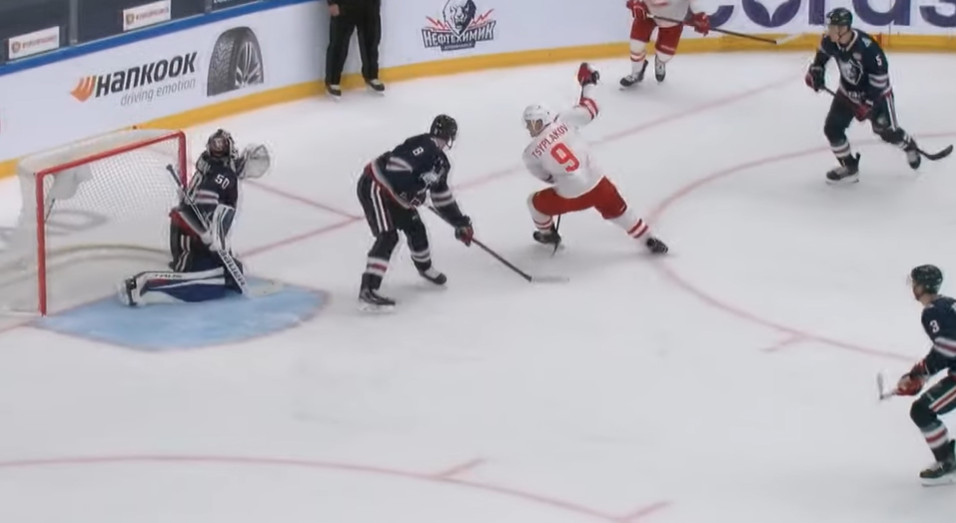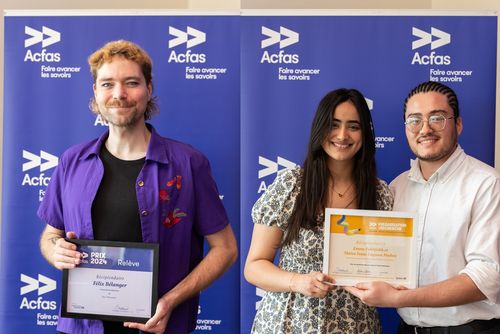Antoine Guitton demystifies science on a daily basis. In his book, “Science in the Four Seasons and Winter,” he provides simple scientific answers to entertaining daily questions. Antoine Guitton is a research professor at the University of Lorraine.
Why is it easier to make a mess than to clean things up? What is the maximum length of a dachshund without its belly touching the ground? How to help Santa Claus slide down the chimney better? Interesting questions, sometimes unusual, but they all have a scientific answer. This is the principle of this book, “Science in the Four Seasons, Winter” (Science Publications Edp) which we owe to Antoine Guitton, a teacher and researcher at the University of Lorraine. A work by Florian Lamos, a young Belgian artist particularly interested in science.
Antoine Guitton has a talent for publishing. It tells a story in a few sentences. This story may reveal a scientific law or principle. The book can be read in any order you want. Each double page has an illustration, a question, and its scientific answer. “This is a book for people who don’t like science. They may be young for a short time or for a longer period “, the amused author tells us.
The texts for this book have been paraphrased from transcripts written for radio, 150 of which were broadcast on France Blue Lorraine. “Some of the questions are exam topics that I give to my students. For example: What is the maximum size of a dachshund to prevent its belly from touching the ground? On the radio, there is no picture. You should be able to explain in a way that helps listeners imagine the picture for themselves.“
Others are inspired by loved ones. “Why is it painful to climb some stairs? It was an idea from my brother who works in construction. I searched. There is a scientific law. Nicolas François Blondel (1618-1686), an architect at the Royal Academy of Architecture of Louis XIV, was the first to solve this problem. To avoid building stairs worthy of Mount Everest, it is sufficient that measuring the step tread, that is, the distance between the two fronts of the stairs, plus twice the height, gives a result of between 60 and 64 centimetres.“
Antoine Guitton writes daily questions on his smartphone every day. “The hardest thing is not to find the question, but to post the answer.“
Behind this rather interesting question: “Why is it easier to make a mess than to put things in order?” There lies an uncompromising answer. The author explains that there is a disturbance equation to which we owe Ludwig Boltzmann This concept applies to the universe as well as to our home. “The fun part is that entropy can be applied to your home!“
He discovered the practice of publishing very early in his career. He was still a doctoral student. It clearly entertained him and interested him and he made it another skill in his career. “What’s interesting about promotion is the art of cutting corners without betraying scientific truth. As a scientist, our primary mission is to provide solutions to change the world. So our job is still to explain how we can change it. I’ve always generalized. I love doing this. Sometimes I find it more interesting than teaching.“
Antoine Guitton introduces himself at the end of the book asking his questions… mischievously. Thus we learn that his research work focuses on materials physics.In particular, how defects in crystals affect their properties.“And how that might put it on the hydrogen path.
Records on France Bleu’“Lauren Science” and the book “Science in 4 Chapters” both received the CNRS mark for the Physics Year 2023-2024. Antoine Guitton has also just received a few words from Sylvie Rethiliou, Minister of Higher Education and Research: “Sharing science with the general public is a necessary dimension of the profession of teacher and researcher, and I applaud the commitment you demonstrate through this work and the records from which it comes.” I wrote.
After winter comes, in principle, spring, summer and autumn. This course applies to the chapters as well as to Antoine Guitton’s fascinating questions. We can’t wait.

“Music guru. Incurable web practitioner. Thinker. Lifelong zombie junkie. Tv buff. Typical organizer. Evil beer scholar.”


:format(url)/cloudfront-us-east-1.images.arcpublishing.com/lescoopsdelinformation/VQG3SHBASZHXHLPAXYCOEAJ5JY.jpg)




More Stories
Espace Saint-Luc is partially accessible to residents of Magog
Strange Things We Left in Space: Discover what we left behind
“Deciphering the dance of immune cells to better understand cancer.”